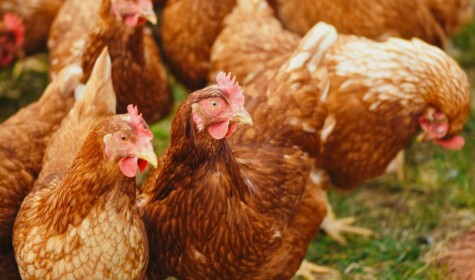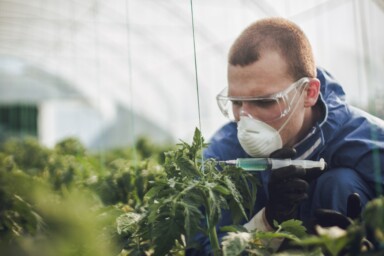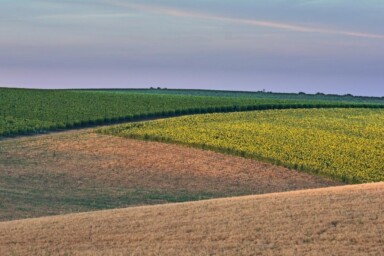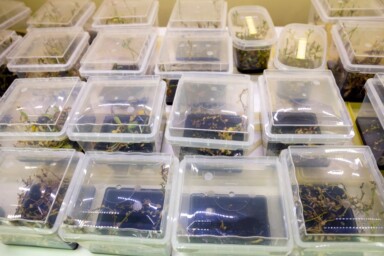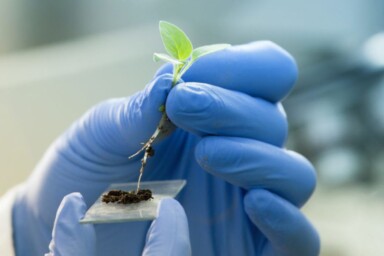I’ve been musing over the last day or so about the proposed use of gene editing to create a strain of poultry which are immune to avian flu. On the face of it, it sounds most beguiling, the idea that we could create genomes, whether, bird, human or otherwise which have in-built resistance to diseases, in this case the terrifying flu epidemic which is threatening to wipe out wild bird populations throughout the world.
Here are a few thoughts about why, in my view, this approach will never work and should be resisted at all costs.
Firstly, the description that gene editing is a precision technology is inaccurate. My colleague, Dr Michael Antoniou, who uses gene editing to treat human diseases and understands precisely the potential benefits, tells me that this technology is anything but precision and the claims made by its proponents are demonstrably wrong. If you want to learn more, I suggest you read the recent newsletter published by Genewatch or listen to my recent conversation with Dr Antoniou. My simplistic understanding of this critique is that even those who have a comprehensive knowledge of gene therapy and manipulation of the genome, can’t be sure of the unintended consequences of such a fundamental interference with the stuff of life.
The second critique is based on Sir Albert Howard’s philosophy of disease. His book, An Agricultural Testament, published in 1940, included a memorable statement along the lines that we should come to regard pests, parasites and diseases as nature’s professors of good husbandry, because they reveal to us the deficiencies in our management.
Underpinning this philosophy is the view that health is not merely the absence of disease, but a vital state where an organism can encounter exposure to a disease and make a full recovery.
Critics of this philosophy might quickly point out many examples, such as that of Saint Kilda, a particularly relevant case study on a remote island archipelago off the north-west coast of Scotland, where the seabirds are currently dying of bird flu. After a thousand years of continuous habitation, the human population suffered terribly when the Victorian tourists who visited those islands gave them a whole range of common diseases to which their immune systems had no defences. This eventually led to their voluntary evacuation in the 1930s. Vaccination might have been the best response in this situation.
Related to this is another interesting case study. In response to the foot and mouth disease epidemic in 2001, I strongly advocated vaccination as the least damaging short-term measure of dealing with the disease, which was then being countered with mediaeval slaughter and burn practices.
A deep-rooted societal fear of disease may well be the reason for our extreme responses to epidemics. This may be understandable, but I am convinced that Howard’s principle should still hold true today – and in the case of agriculture, this means the first responsibility of farmers and growers should be to promote the health of the animals and plants they produce, rather than relying on draconian measures, whether they be prophylactic medication, extreme biosecurity, slaughter or gene editing, to stop them getting sick.
I am not ideologically opposed to medication, vaccination or any other form of short-term disease treatments; however, if as a society we want to eat foods which build and promote our health, these foods should ideally not come from plants and animals which are dependent upon ‘insurance medication’ to remain well. Yet this is sadly the case with nearly all of the foods we consume today.
My third critique is of the industrial poultry production systems, which, aside from having a disastrous impact on the environment and animal welfare, act as ideal incubators for previously unknown poultry diseases and viruses. In all likelihood, the current Avian Influenza epidemic originated in an intensive poultry unit, where the closed and crowded conditions provide the perfect environment for a mutating virus, which will then spread to wild bird populations.
It is entirely possible that we might dampen down the disease through short term biosecurity measures, but meanwhile the wild bird and animal populations, such as the Gannets of Saint Kilda may be heading towards extinction. If this happens, we only have ourselves to blame for ignoring the wisdom of Sir Albert Howard’s insights.
